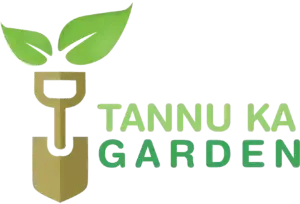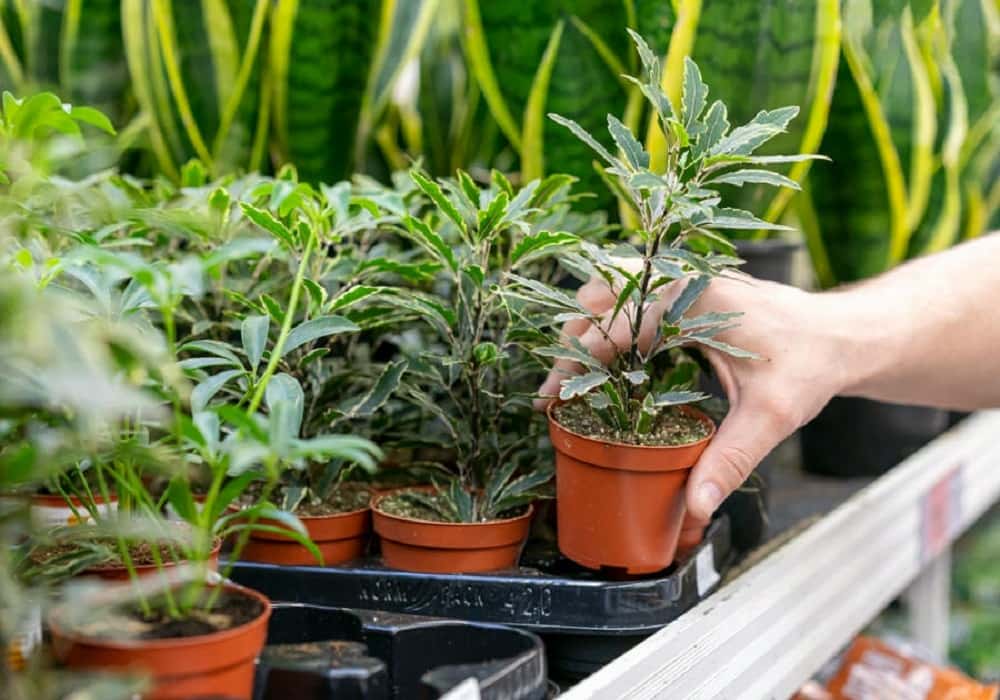Maximizing Small Spaces with Container Gardening: A Beginner’s Guide
Many believe you need a large backyard for gardening. However, even in small apartments or limited outdoor areas, container gardening ideas for small spaces can help you grow various plants. Whether you want colorful flowers, fresh herbs, or vegetables, container gardening can optimize every inch of your space.
Why Opt for Container Gardening?
Container gardening has several benefits, especially for those with limited space. It enables plant growth in spots usually unsuitable, like balconies, patios, windowsills, or indoors. Key advantages include:
- Mobility: Containers can be relocated for optimal sunlight or protection from bad weather.
- Enhanced Control: You can manage soil quality, watering, and fertilization more effectively than in traditional gardens.
- Visual Appeal: Stylish containers can elevate your space’s aesthetics, transforming any small area into a verdant retreat.
Top Container Gardening Ideas for Small Spaces
1. Vertical Gardens
Vertical gardening maximizes limited space by growing plants upward instead of outward. Attachable containers on walls, fences, or trellises can create a vertical garden. Hanging pots, stacked planters, or custom shelves work well for a living wall.
Recommended Plants: Basil, parsley, mint, tomatoes, peas, and cucumbers thrive in vertical setups.
2. Window Boxes
Window boxes effectively add greenery to windowsills or narrow ledges. They allow plant growth with minimal space usage, adding charm to your interior or exterior windows.
Recommended Plants: Colorful flowers like petunias, geraniums, and pansies, or small herbs like thyme, oregano, and cilantro work well.
3. Hanging Planters
Hanging planters are perfect for balconies, ceilings, or indoors. They save floor space and can hold various plants. Available in different shapes and materials like fabric, metal, or ceramic, you can also repurpose old baskets or buckets for a DIY hanging garden.
Recommended Plants: Flowers like begonias and impatiens, and trailing vines like ivy and pothos are ideal for hanging containers. For edibles, try mint, rosemary, or parsley.
4. Raised Bed Containers
If you have a bit more space, raised bed containers are excellent. They allow organized, compact growth of vegetables and flowers. These beds are great for those with mobility issues since they minimize bending or kneeling.
Recommended Plants: Vegetables like lettuce, spinach, carrots, and dwarf tomatoes thrive in raised beds. Brighten your space with flowers like sunflowers or zinnias.
5. Repurposed Containers
Get creative with container gardening in small areas by using everyday items as planters. Things like old shoes, teacups, wooden crates, and plastic bottles can become unique plant pots. This method is eco-friendly and helps create a charming, personalized garden.
What to Grow: Repurposed containers suit succulents, herbs, and small flowers. Succulents do especially well in shallow spaces, so old teacups or tin cans are ideal.
6. Herb Gardens on the Kitchen Counter
If you enjoy cooking, having fresh herbs on your kitchen counter is a fantastic way to enhance your meals. Small pots can be placed on windowsills or countertops to hold herbs like basil, cilantro, thyme, and parsley.
What to Grow: Kitchen herb gardens are perfect for low-maintenance herbs that need little space, such as basil, rosemary, thyme, chives, and mint.
7. Compact Vegetable Gardens
If you want to grow your own vegetables, you don’t need a large garden. Various vegetables can be grown successfully in containers, even in tight spaces. Choose compact or dwarf varieties to make the most of your area.
What to Grow: Look for compact veggies like cherry tomatoes, baby carrots, dwarf zucchini, and lettuce. Leafy greens like spinach and kale also do well in smaller pots.
Tips for Successful Container Gardening in Small Spaces
Container gardening is simple and beginner-friendly, but here are key tips to succeed in small areas:
- Choose the Right Containers: Ensure containers have proper drainage to prevent root rot and select sizes according to the plant to avoid overcrowding.
- Use Quality Soil: Good potting soil is crucial, providing the right nutrients and texture for healthy plants.
- Sunlight is Key: Most plants need a minimum of 6 hours of direct sunlight each day. Position containers in well-lit spots for optimal health.
- Watering is Essential: Container plants dry out quicker than those in the ground, so monitor their water needs closely without over-watering.
- Fertilize Regularly: Container plants use up soil nutrients faster, so apply fertilizer every few weeks to keep them thriving.
Conclusion
Container gardening in small spaces can turn the smallest areas into green sanctuaries. Whether you’re growing flowers for beauty or a small veggie garden for fresh food, container gardening ideas for small spaces offer a flexible way to maximize your space. With the right containers, plants, and care methods, you can enjoy gardening regardless of your living area. So, get creative and start planting today!






